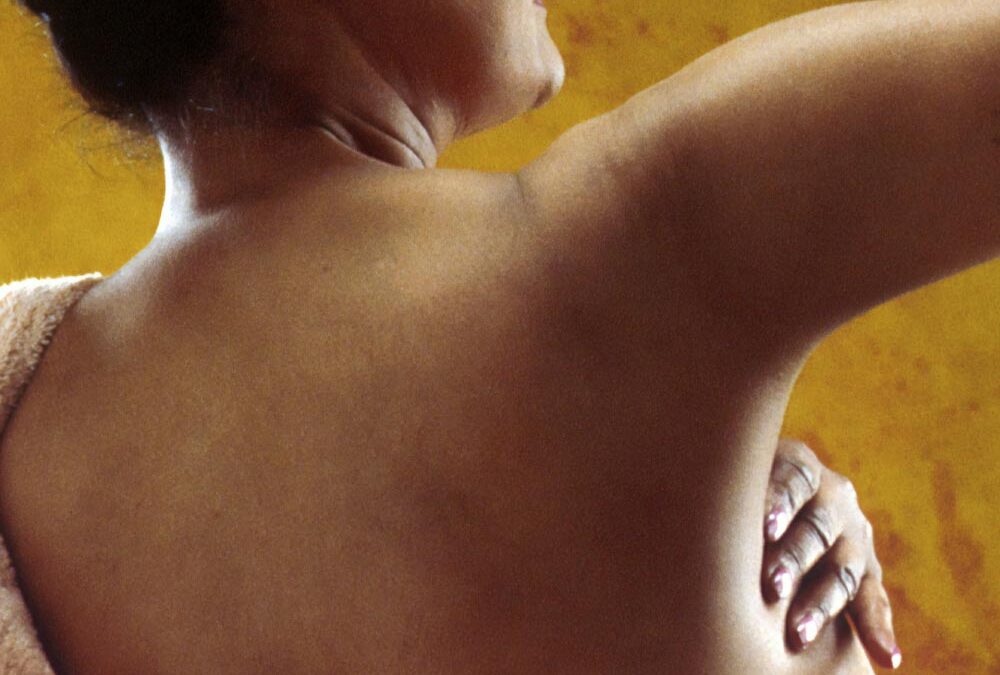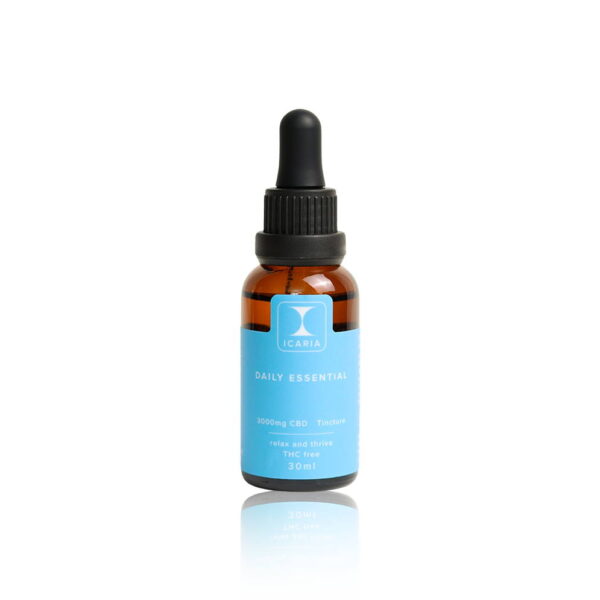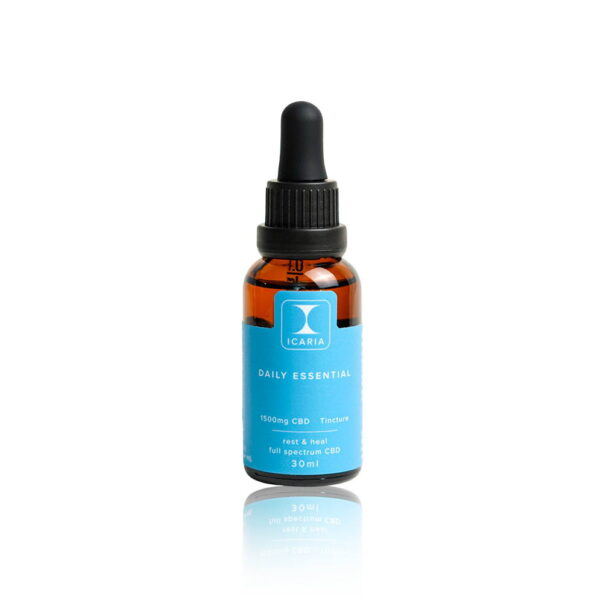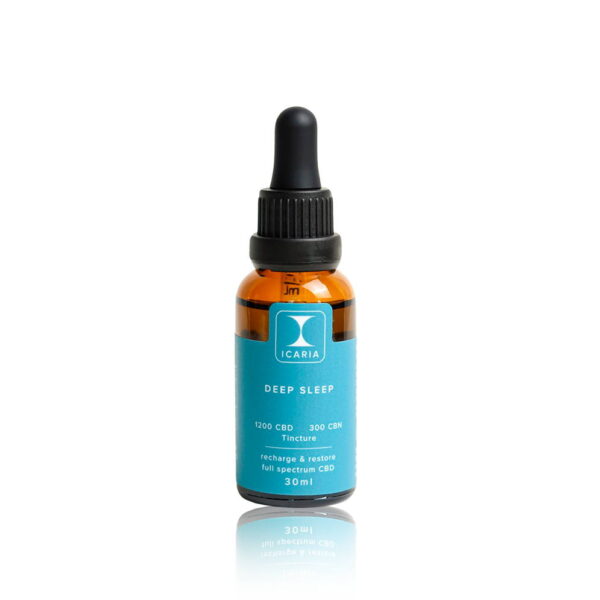Does CBD for PCOS symptom management actually work?
Polycystic ovary syndrome (PCOS) is a common hormonal disorder that affects millions of women worldwide. Characterized by a range of symptoms such as irregular periods, weight gain, and fertility issues, PCOS can significantly impact a woman’s quality of life. While there is no cure for PCOS, various treatments and lifestyle changes can help manage the symptoms. Recently, there’s been growing interest in the use of CBD (cannabidiol) as a natural approach to symptom relief for women with PCOS. In this article, we’ll explore the connection between CBD and PCOS, delving into how this natural compound may offer relief for those struggling with this condition.
What is PCOS?
Before we delve into how CBD may help with PCOS, it’s important to understand the condition itself. PCOS, or polycystic ovary syndrome, is a hormonal disorder that affects women of reproductive age. The PCOS meaning is rooted in the presence of multiple small cysts on the ovaries, although not all women with PCOS develop these cysts.
The exact cause of PCOS is not fully understood, but it’s believed to involve a combination of genetic and environmental factors. Women with PCOS often have higher levels of androgens (male hormones) and insulin, both of which can contribute to the various symptoms associated with the condition. PCOS is a leading cause of infertility, but its impact goes beyond reproductive health, affecting a woman’s overall well-being.
PCOS Symptoms
The symptoms of PCOS can vary widely from one woman to another, making it a challenging condition to diagnose. However, some of the most common symptoms include:
1. Irregular Periods
One of the hallmark symptoms of PCOS is irregular menstrual cycles. Women with PCOS may experience infrequent or prolonged periods, or they may stop menstruating altogether. This irregularity is often due to the lack of ovulation, which is caused by the hormonal imbalances associated with PCOS.
2. Excess Androgen Levels
Higher levels of androgens, or male hormones, can lead to physical symptoms such as excessive hair growth (hirsutism) on the face, chest, and back, as well as severe acne and male-pattern baldness.
3. Polycystic Ovaries
As the name suggests, many women with PCOS have ovaries that contain numerous small cysts. These cysts are actually immature follicles that have not matured enough to release an egg, leading to anovulation (lack of ovulation).
4. Weight Gain
Weight gain and difficulty losing weight are common in women with PCOS, partly due to insulin resistance, a condition where the body’s cells become less responsive to insulin, leading to higher levels of insulin in the blood.
5. Infertility
PCOS is one of the leading causes of infertility in women. The lack of ovulation can make it difficult to conceive, and women with PCOS who do become pregnant may have a higher risk of miscarriage.
6. Mood Swings and Depression
The hormonal imbalances associated with PCOS can also affect a woman’s mental health. Many women with PCOS experience mood swings, anxiety, and depression.
7. Skin Issues
In addition to acne, women with PCOS may also develop skin tags, dark patches of skin (acanthosis nigricans), and other skin-related issues.
The PCOS Diet
Diet plays a crucial role in managing PCOS symptoms. While there is no one-size-fits-all diet for PCOS, certain dietary strategies can help manage the symptoms by addressing insulin resistance and promoting hormone balance. Here are some key components of a PCOS-friendly diet:
1. Low Glycemic Index (GI) Foods
Eating foods with a low glycemic index can help manage insulin levels. Low GI foods, such as whole grains, legumes, fruits, and vegetables, cause a slower rise in blood sugar levels, which can be beneficial for women with insulin resistance.
2. Healthy Fats
Incorporating healthy fats, such as those found in avocados, nuts, seeds, and olive oil, can help support hormone production and balance. Omega-3 fatty acids, in particular, have anti-inflammatory properties that may benefit women with PCOS.
3. Lean Protein
Protein is essential for building and repairing tissues, and it can also help regulate blood sugar levels. Opt for lean protein sources such as chicken, turkey, fish, tofu, and legumes.
4. Fiber-Rich Foods
High-fiber foods, like vegetables, fruits, and whole grains, can help improve digestion and reduce insulin resistance. Fiber also helps you feel fuller for longer, which can aid in weight management.
5. Avoiding Processed Foods and Sugars
Processed foods and sugary drinks can cause rapid spikes in blood sugar and insulin levels, exacerbating PCOS symptoms. It’s best to limit or avoid these foods and opt for whole, unprocessed options instead.
6. Regular Meals and Snacks
Eating regular, balanced meals and snacks can help keep blood sugar levels stable, reducing the risk of insulin spikes. It’s important to avoid skipping meals, as this can lead to overeating and further hormonal imbalances.
CBD for PCOS: Benefits and Limitations
CBD, or cannabidiol, is a natural compound found in the cannabis plant. Unlike THC (tetrahydrocannabinol), CBD does not have psychoactive effects, meaning it won’t make you feel “high.” In recent years, CBD has gained popularity for its potential health benefits, including pain relief, anxiety reduction, and anti-inflammatory properties. But how does CBD for PCOS fit into the picture?
1. Managing Hormonal Imbalances
One of the key issues in PCOS is hormonal imbalance, particularly elevated levels of androgens and insulin. While research on CBD’s effect on hormones is still in its early stages, some studies suggest that CBD may help regulate hormone levels by interacting with the body’s endocannabinoid system (ECS). The ECS plays a role in regulating various physiological processes, including hormone production.
CBD may help modulate the production of certain hormones, potentially reducing the excess androgens that contribute to symptoms like hirsutism and acne. Additionally, CBD’s potential to reduce insulin resistance could be beneficial for managing weight and blood sugar levels in women with PCOS.
2. Reducing Inflammation
Chronic inflammation is thought to play a role in the development and progression of PCOS. Inflammatory markers are often elevated in women with PCOS, contributing to insulin resistance and other symptoms. CBD is known for its anti-inflammatory properties, which may help reduce inflammation in the body and alleviate some of the symptoms associated with PCOS.
3. Improving Mood and Mental Health
As mentioned earlier, women with PCOS are more likely to experience mood swings, anxiety, and depression. CBD has been studied for its potential to improve mental health by reducing anxiety and depression symptoms. CBD interacts with serotonin receptors in the brain, which are involved in regulating mood and anxiety. By enhancing serotonin signaling, CBD may help improve mood and reduce the mental health challenges often faced by women with PCOS.
4. Supporting Weight Management
Weight gain and difficulty losing weight are common challenges for women with PCOS, partly due to insulin resistance. CBD may indirectly support weight management by improving insulin sensitivity and reducing inflammation. Some studies also suggest that CBD may influence the body’s metabolism and fat storage, though more research is needed in this area.
5. Pain Relief
Many women with PCOS experience pain, whether it’s from menstrual cramps, headaches, or other related conditions. CBD has analgesic (pain-relieving) properties that may help alleviate pain associated with PCOS. By interacting with the ECS, CBD may reduce pain signals and inflammation, providing relief for those dealing with chronic pain.
Limitations and Considerations
While the potential benefits of CBD for PCOS are promising, it’s important to approach this natural remedy with caution. Research on CBD is still in its early stages, particularly when it comes to its effects on PCOS specifically. Most of the evidence supporting CBD’s use for PCOS is anecdotal or based on studies in related areas, such as inflammation or anxiety.
It’s also worth noting that the effectiveness of CBD can vary depending on the individual. Factors such as dosage, method of administration, and the quality of the CBD product can all influence the results. Additionally, while CBD is generally considered safe, it can interact with certain medications, so it’s important to consult with a healthcare provider before incorporating CBD into your routine.
Finally, while CBD may offer symptom relief, it is not a cure for PCOS. Managing PCOS typically requires a comprehensive approach that includes lifestyle changes, such as diet and exercise, along with any prescribed medications or treatments. CBD should be seen as one part of a broader strategy to manage symptoms and improve overall well-being.
Conclusion
PCOS is a complex and challenging condition that affects many aspects of a woman’s health and quality of life. While there is no cure for PCOS, various treatments and lifestyle changes can help manage the symptoms and improve overall well-being. CBD has emerged as a potential natural remedy for PCOS, offering benefits such as hormone regulation, reduced inflammation, improved mood, and pain relief. However, it’s important to remember that research on CBD for PCOS is still in its early stages, and more studies are needed to fully understand its effects and potential.
If you’re considering using CBD for PCOS, it’s essential to consult with a healthcare provider to ensure it’s safe and appropriate for your individual needs. CBD may offer a promising addition to your PCOS management plan, but it should be used in conjunction with other treatments and lifestyle changes for the best results.
Incorporating a balanced diet, regular exercise, and stress management techniques into your routine, along with exploring natural options like CBD, can help you take control of your PCOS symptoms and live a healthier, happier life. As research continues to evolve, we may gain a clearer understanding of how CBD can best be used to support women with PCOS on their wellness journey.







